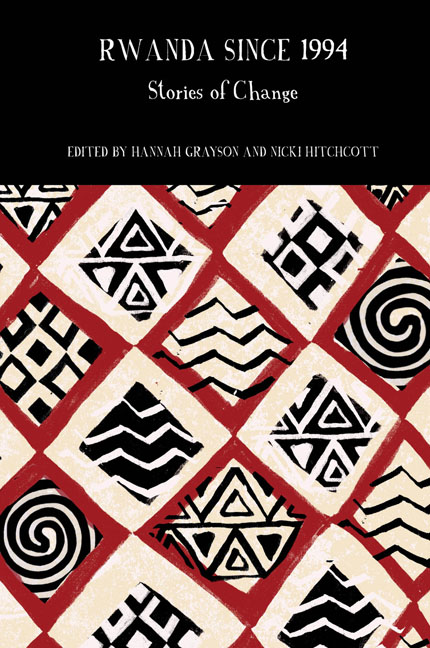Promising Generations: From Intergenerational Guilt to Ndi Umunyarwanda
Summary
Dramatic change, the kind one witnesses in post-genocide Rwanda, requires not only a synergy of well-coordinated action but, more importantly, a powerful public narrative of national reconstruction to enable this action. Politics is, after all, the synergy between mighty words and mighty actions, if Arendt (2005) is to be believed. This action and its underlying narrative have generally been attributed to the Rwandan state or more concretely to successive governments led by the Rwandan Patriotic Front (RPF). For this reason, a disproportionate bulk of literature on post-genocide recovery has focused on the agency of the RPF as the main vehicle of change (Clark, 2014; Straus and Waldorf, 2011; Reyntjens, 2013; Purdeková, 2015; Thomson, 2013). On the timeline that gradually emerged out of this literature, there seems to be a loose consensus that until 2010, the RPF's performance and underpinning narrative were viewed positively in light of evident economic growth, political stability and public order. However, since 2010, these achievements have increasingly come under scrutiny and concerns have been voiced regarding the cost of this success, especially in terms of human rights.
Phil Clark (2014) sees this emerging dichotomy as a debate between the ‘developmentalists’ and ‘human rights activists’. The latter in particular represent post-genocide societal transformation as a top-down, Kigali elitedriven, donor-supported vision, which combines social engineering with sophisticated and transformative authoritarianism (Straus and Waldorf, 2011: 13). Social engineering, Straus and Waldorf argue, happens in four specific arenas which encompass the totality of public life in post-genocide Rwanda, namely the behavioural and social, spatial, economic and political (2011: 13–15). Authoritarianism is experienced, but not exclusively, through the monopoly of control that state elites exert over the public narrative of national reconstruction (Thomson, 2011).
Keener students of Rwanda's post-genocide recovery process have been critical of these entrenched reductionist views. The narrative models they develop fail to account for the ‘complex ways in which Rwandan citizens engage with the state and participate in government-initiated community level processes’ (Clark, 2014: 193). Nicola Palmer refers to dualistic diagnoses that run the risk of blurring the lines of historical contestation and subversion between the centre and the periphery (2015: 44), whilst Andrea Purdeková (2015) rejects the bipolar nature of the debate and calls for a ‘complexification’ of the discourse on identity politics and identity-driven change.
- Type
- Chapter
- Information
- Rwanda Since 1994Stories of Change, pp. 189 - 210Publisher: Liverpool University PressPrint publication year: 2019

